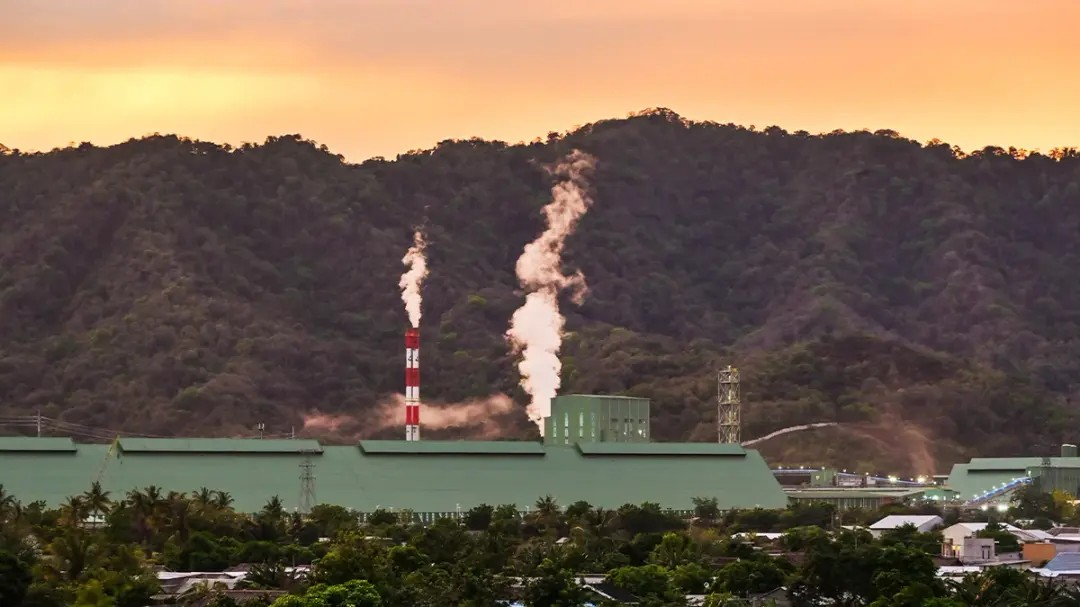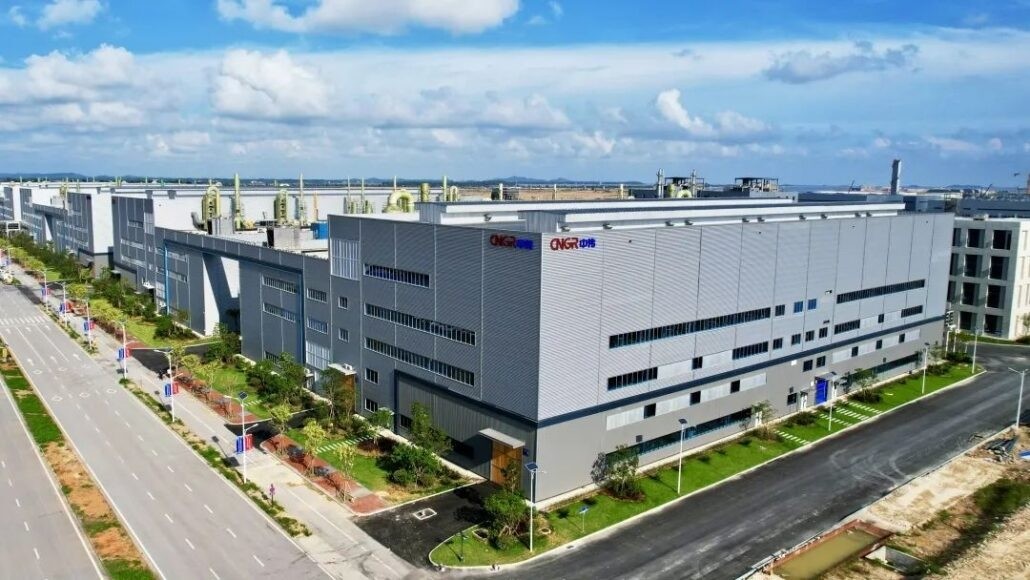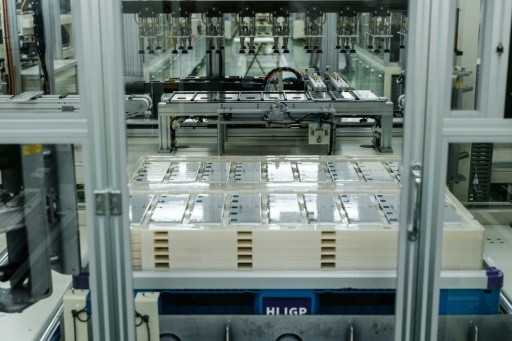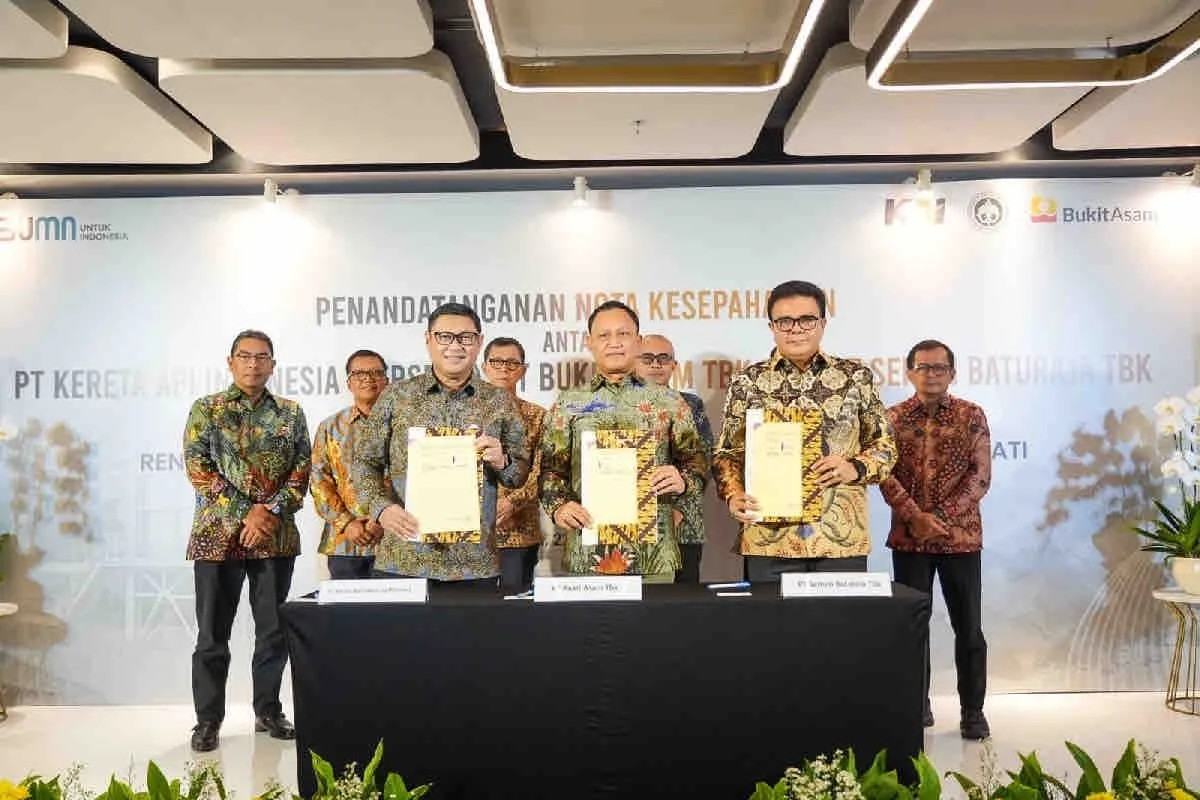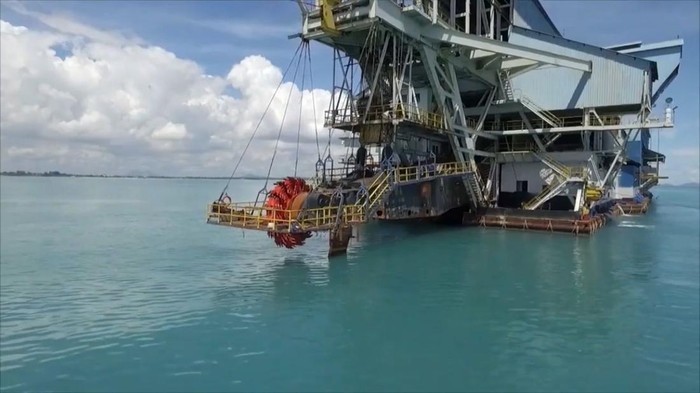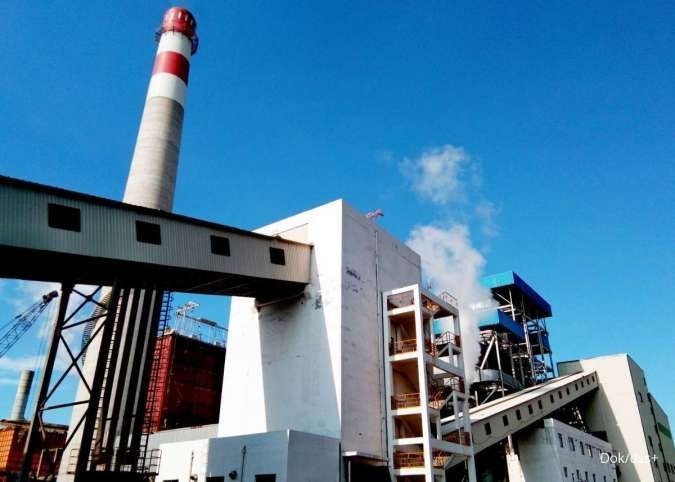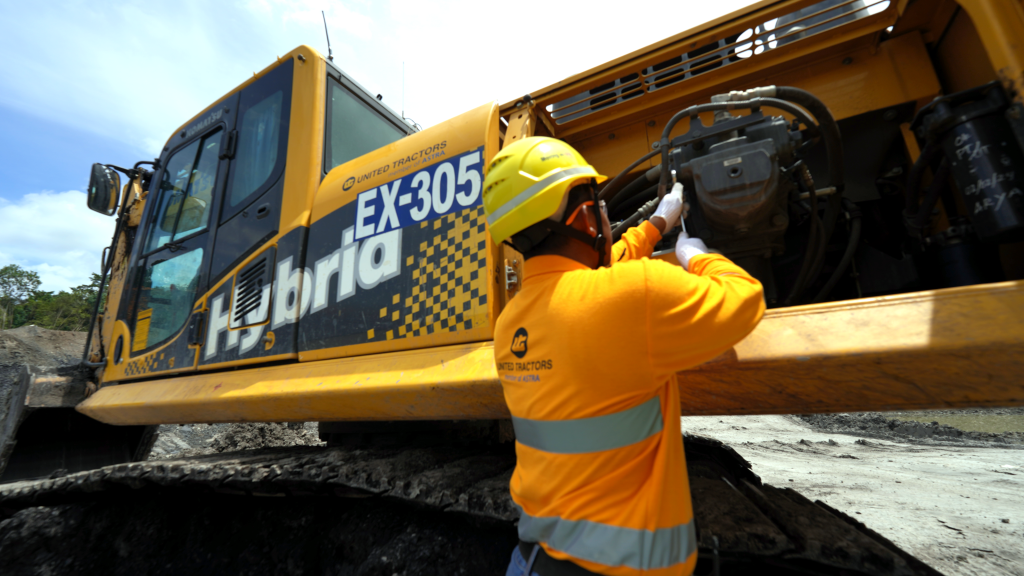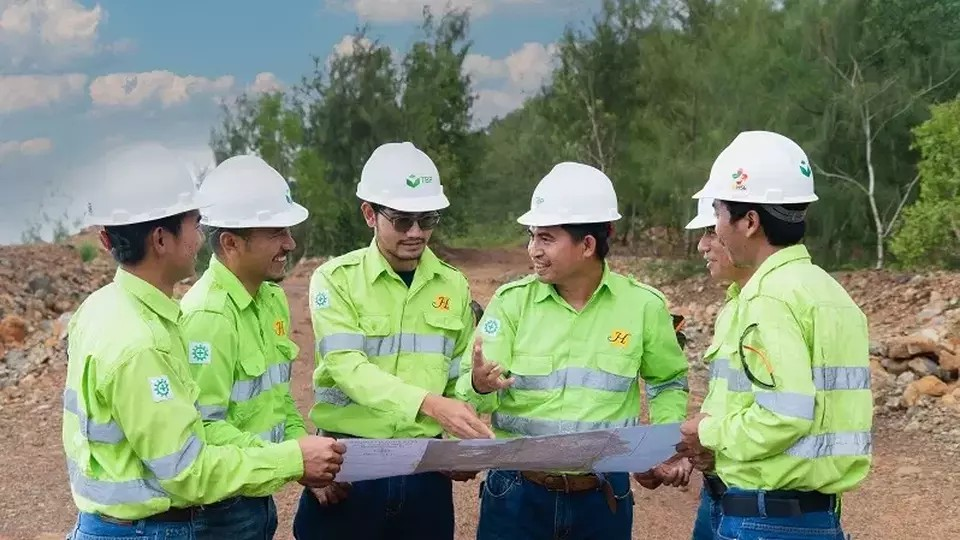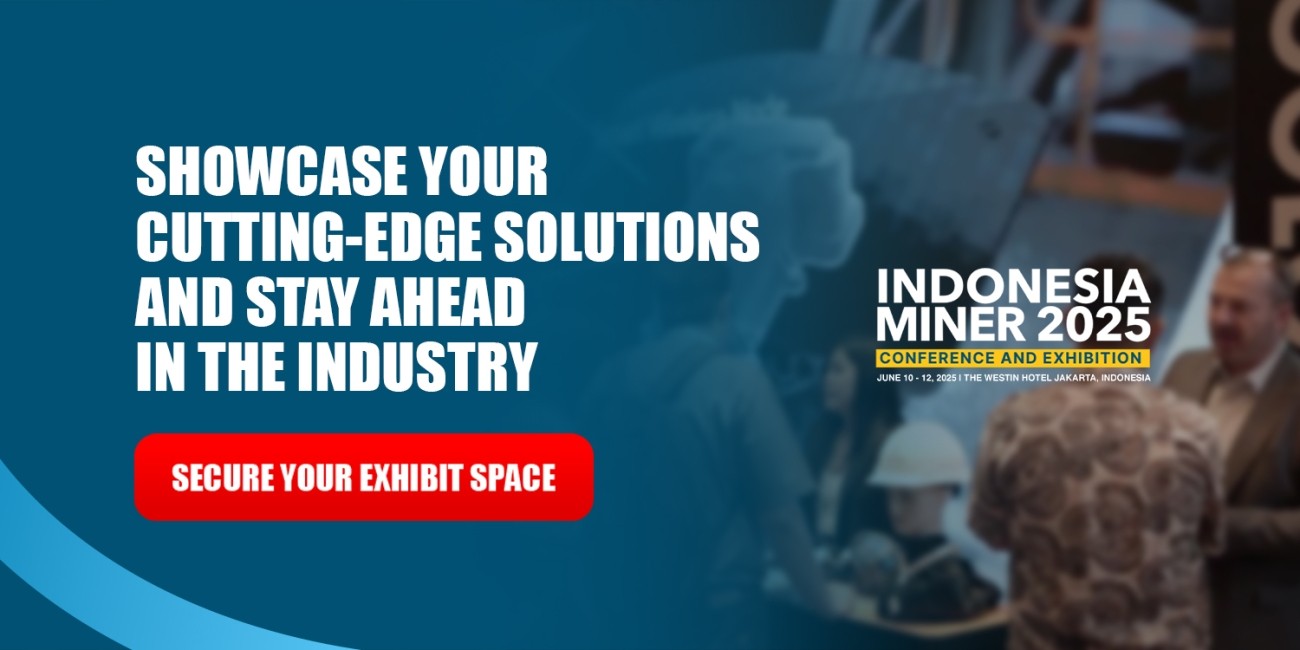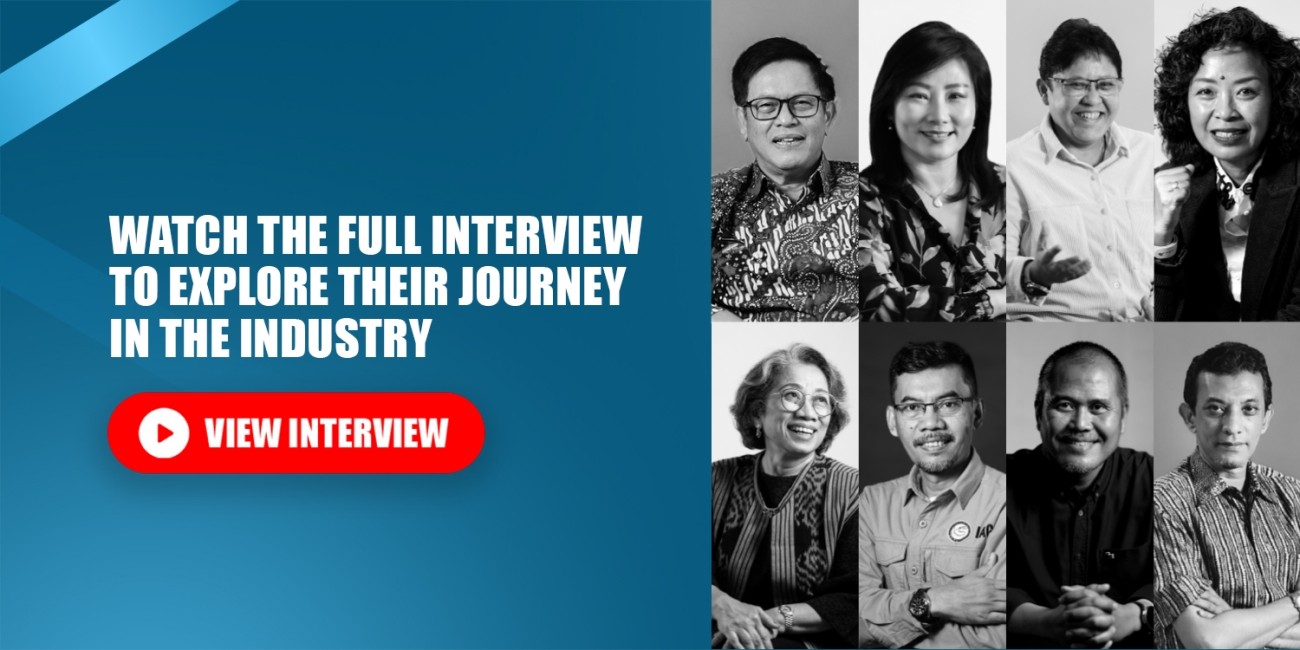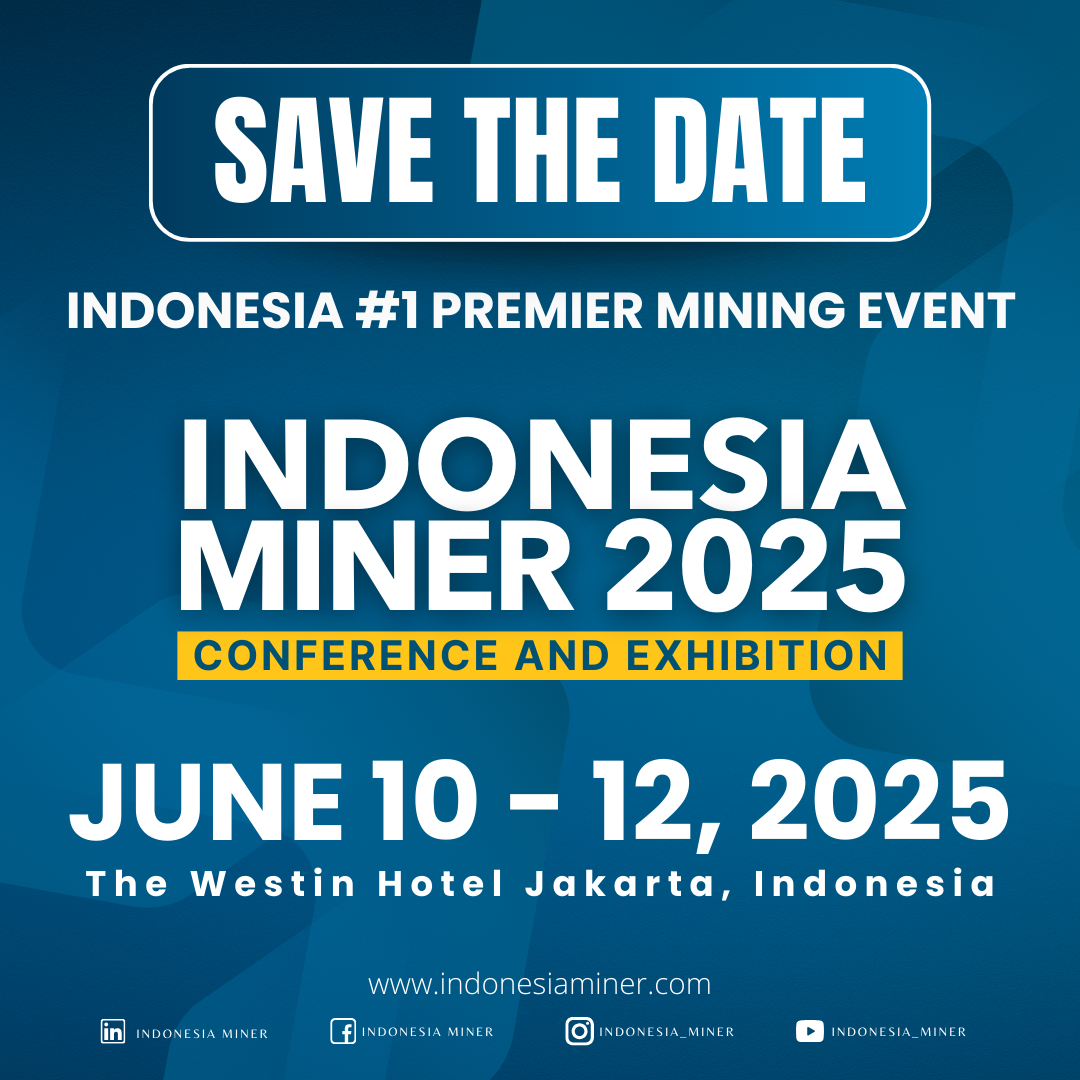Copper Concentrate Export Ban Set for 2025, Ministry of Industry Announces Expectations
ANTARA FOTO/Ahmad Subaidi/foc.
1849 Views
The Ministry of Industry (Kemenperin) believes that the export ban on copper concentrate and anode slime, effective January 1, 2025, will add significant value to Indonesia.Director General of Metal, Machinery, Transportation Equipment, and Electronics Industry at Kemenperin, Setia Diarta, stated that the export ban is part of efforts to drive downstream processing. He expressed hope that Indonesia would strengthen its position in the international market."Downstream processing must be the primary focus to produce higher-value products, such as copper cathode, tin plate, and other downstream products," he said, quoted on Sunday (3/11/2024).Setia explained that Kemenperin continues to strengthen downstream processing and enhance the competitiveness of the national copper and tin industries. Moreover, the copper and tin sectors play an essential role in supporting downstream industries, such as automotive, electronics, electrical equipment, and renewable energy.He noted that Indonesia has copper reserves of approximately 28 million tons, making it the country with the seventh-largest copper reserves globally. Additionally, Indonesia is the world’s second-largest producer of tin, contributing 14% to global production.According to him, this substantial potential needs to be optimized to deliver greater value to the national economy, as the copper and tin industries face a significant challenge in reducing dependency on raw material exports.Currently, he continued, most of Indonesia's copper is exported in concentrate form, which has low added value.Setia stated that Kemenperin plans to establish a material center for copper and tin. This raw material hub will serve as a center of innovation and coordinated raw material distribution for the domestic copper and tin industries."This material center will support downstream processing, reduce reliance on imported raw materials, and strengthen supply chain efficiency, thereby boosting the export growth of high-value-added products," he stated.Through Trade Ministerial Regulation 22/2023, the government initially banned the export of several mining products, such as copper concentrate and anode slime, starting June 1, 2024. However, the government postponed the ban until December 31, 2024, through Trade Ministerial Regulation 10/2024.





